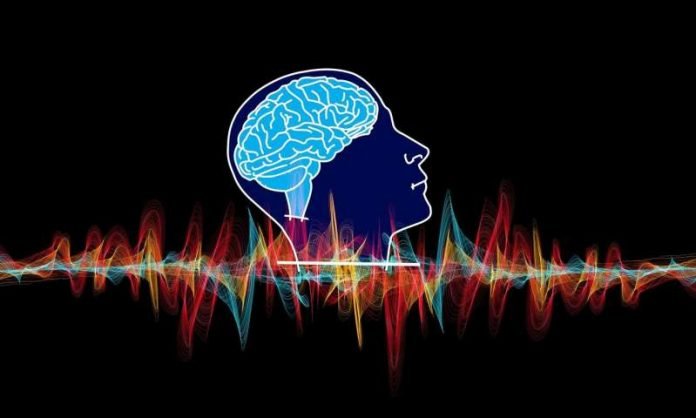
In a new study, researchers found that controlling the frequency of ‘brain waves’ could help to improve people’s recall of memories.
This may provide a key to treat brain conditions such as Alzheimer’s disease.
The research was conducted by a team from the University of Birmingham and collaborators.
Previous research has shown that brain oscillations occur during neural processes that are relevant to memory.
In the study, the team aimed to find methods to drive these brain waves to improve memory.
They reviewed research in the field and conclude that memory performance can be improved by rhythmic neural stimulation or ‘entrainment’ – using a range of invasive and non-invasive techniques.
Brain waves can be controlled in a number of ways. They can be modulated using sounds and images, as well as non-invasive electrical and electromagnetic oscillations.
Neural oscillations can also be controlled using deep-brain electrical stimulation.
The team says that it is possible to improve memory performance via rhythmic neural stimulation.
This can be as simple as flickering light at a particular rhythm which then is followed by neurons in the brain.
It seems clear that driving brain rhythms in a way is a promising tool for improving memory, both for healthy people and for patients suffering from conditions such as Alzheimer’s disease.
The researchers note that brain oscillations act on specific neural mechanisms affecting the formation, maintenance, consolidation, and retrieval of memories.
Future research needs to examine how these mechanisms are affected by brain oscillations.
The findings will be vital in developing effective treatments for memory-related disorders.
The lead author of the study is Dr. Simon Hanslmayr, from the University of Birmingham.
The study is published in a review article for the journal Trends in Neurosciences.
Copyright © 2019 Knowridge Science Report. All rights reserved.



